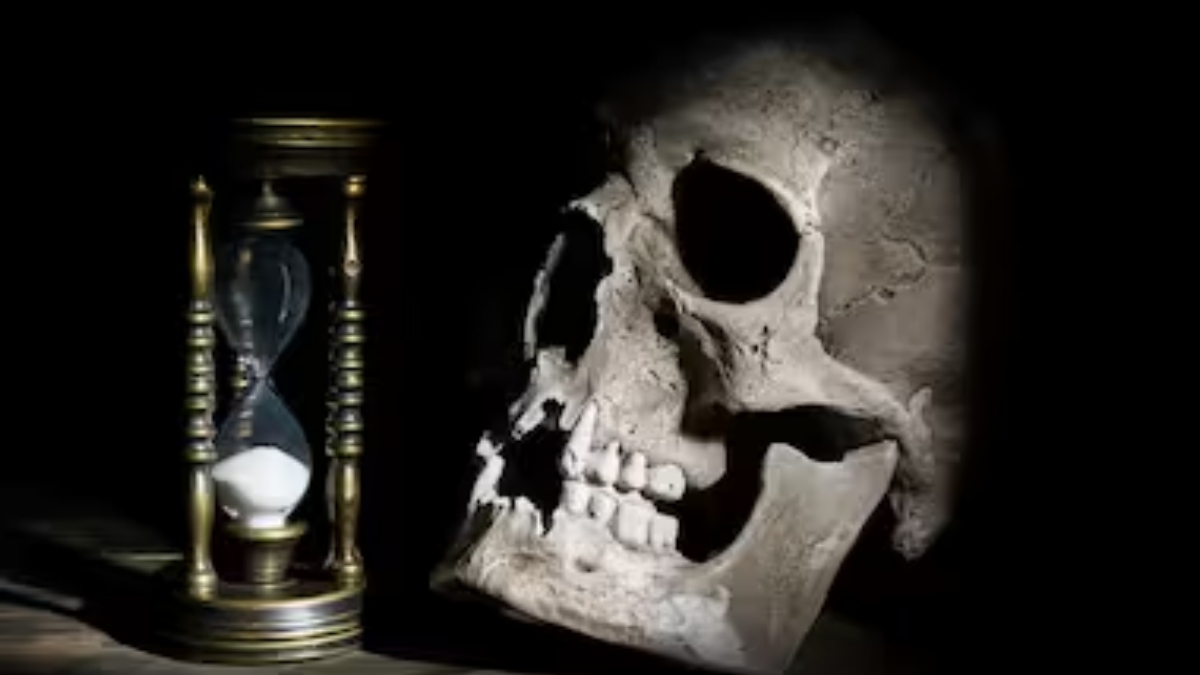Artificial intelligence is reshaping how we estimate life expectancy, with the launch of the AI-powered Death Clock app capturing attention since its debut in July. The app, which has been downloaded 125,000 times, uses data from over 1,200 life expectancy studies and 53 million participants to predict a person’s likely date of death based on factors like diet, exercise, and sleep. According to its developer, Brent Franson, AI offers a “significant” improvement over traditional actuarial tables, which can be less accurate.
While the app’s “morbid” tone—featuring a Grim Reaper-themed death-day card—may be off-putting, it’s popular among users seeking to live healthier lives. Beyond personal use, AI-powered longevity predictions could influence broader financial decisions.
Life expectancy is crucial for calculating retirement savings, insurance, and pensions. For instance, the U.S. The Social Security Administration estimates an 85-year-old man’s life expectancy at 5.6 years, but this can be misleading. AI could offer more personalized predictions, reshaping retirement planning.
Also Read: YEIDA Plot Scheme 2024: DRAW DATE Announced, Applicants Must Mark The Date-Deets Inside
Recent research from the National Bureau of Economic Research also highlights the economic impact of longevity. One study argues that relying on chronological age for policy decisions, like retirement, overlooks individual health variations, which may hinder the benefits of longer life. Another study explored the “value of statistical life” for seniors, showing that healthy older Americans may value their life at up to $2 million.
For financial planners, like Ryan Zabrowski, AI-driven life expectancy estimates could help retirees better plan for longer lives. However, challenges like inequality and unpredictable factors, including loneliness or health habits, will continue to influence longevity. As AI tools become more accurate, they may fundamentally change retirement planning and investment strategies.
The Death Clock is not just a tool for personal curiosity; it has broader implications for economic planning. By moving away from traditional actuarial tables that often rely on averages, this app offers a more customized approach to predicting life expectancy. As AI continues to evolve in this space, tools like the Death Clock could reshape how individuals and institutions approach health and financial planning.
In summary, while contemplating our mortality may be unsettling, the Death Clock provides a unique opportunity to reflect on our lifestyles and make informed decisions for a healthier future.
Also Read: Rajasthan: Part Of Delhi-Mumbai Expressway Tunnel Collapses In Kota; 1 Dead, 2 Injured













